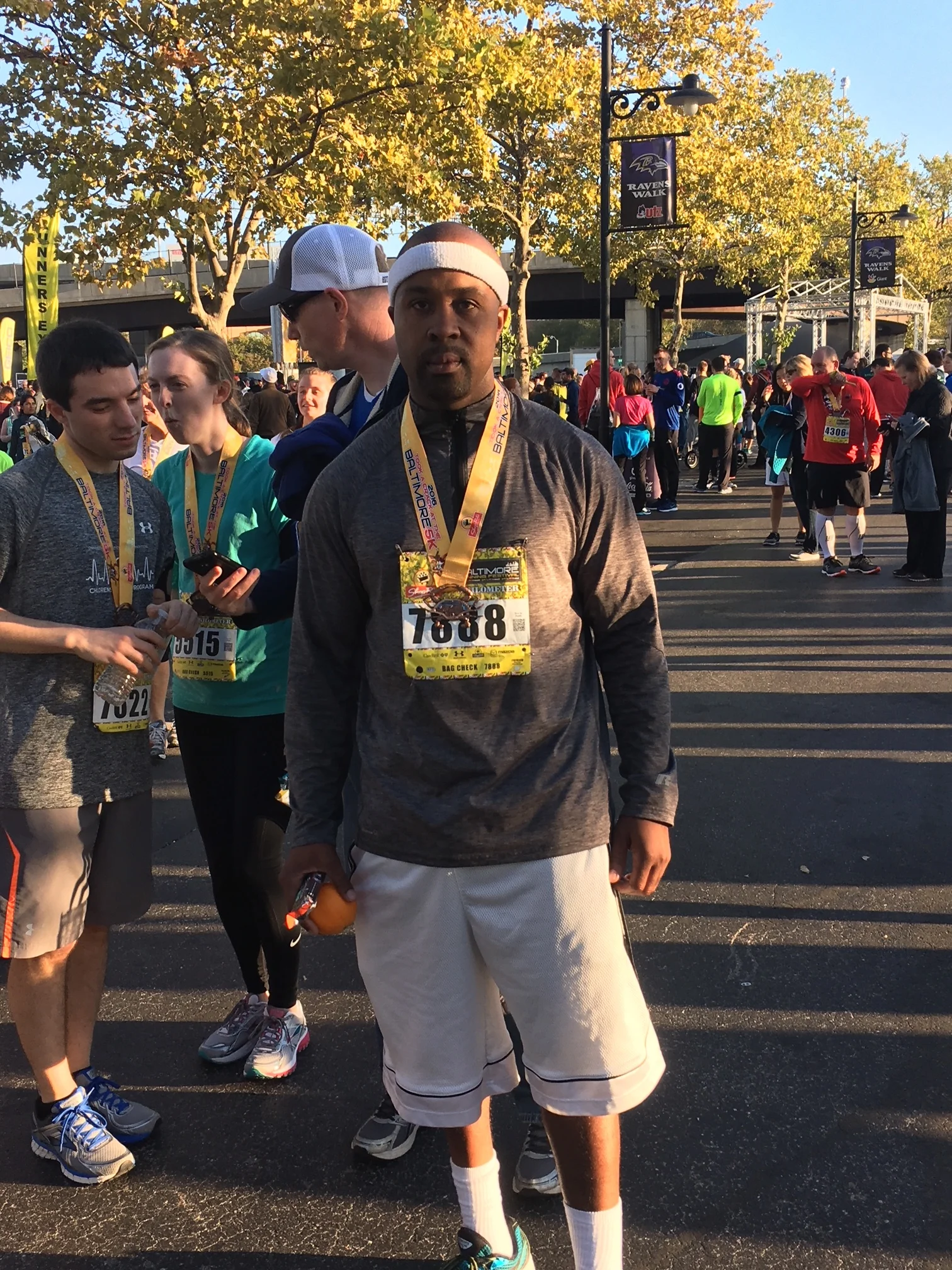Bio
In order for a man to help others, he must first take advantage of the help he’s received. Along the way, he must show himself to be capable of helping himself as well. Charles King is the epitome of this mindset. As the founder of H.O.W.L., Charles is dedicated to the advancement of disadvantaged people.
From birth, Charles has been an overcomer. Born with a birth defect to a father who was limited due to drug addiction, Charles and his mother were left to take on the challenges of this world. The infestation of drugs and the infamous “murder capitol” era made up the backdrop of his childhood in the Northwest quadrant of the District of Columbia in the 1980s. By the age of 13, Charles was arrested for the first time. He would go on to spend the next three (3) years serving a sentence for that crime in a youth detention facility as well as a group home.
Soon after being released, Charles became a victim of a gun violence. Having been shot several times during the incident, he was left paralyzed below the waist. Despite this major setback, with the help of inpatient and outpatient therapy, Charles learned to walk again. The grip of the street life was not easily escapable. Charles would go back to the streets. This time, he would find himself charged with gun and drug possession. This landed him back in the same youth detention facility where he’d been detained at 13.
At 18, Charles returned to the streets with a mindset still anchored in the street life. As an adult, the stakes were higher in the streets and so were the perceived rewards from that lifestyle. Charles began to sell a large amount of drugs and brought in large amounts of money. The prosperous times would come with a cost. At the age of 21, Charles found his mother murdered in the basement of his grandmother’s house. Within six (6) months of her death, Charles was indicted, arrested, and tried in federal court. After the second trial, he was sentenced to 211 months of jail time.
In 2015, Charles returned home with a reformed mindset. He quickly gained employment. Service jobs with Giant and Premium Beers were the beginning of his new life as a working man. Those jobs satisfied his financial obligations. Those jobs would allow him to help himself. While helping himself, he knew he had an obligation to help others. That obligation weighed heavily on him and compelled him to put a focus on changing the lives of youth across the District of Columbia. He is currently serving a residential counselor and family engagement specialist with youth involved with The Department of Youth Rehabilitation Services. Those titles don’t encapsulate who he truly is. To those who have been helped by him, he is an angel.
